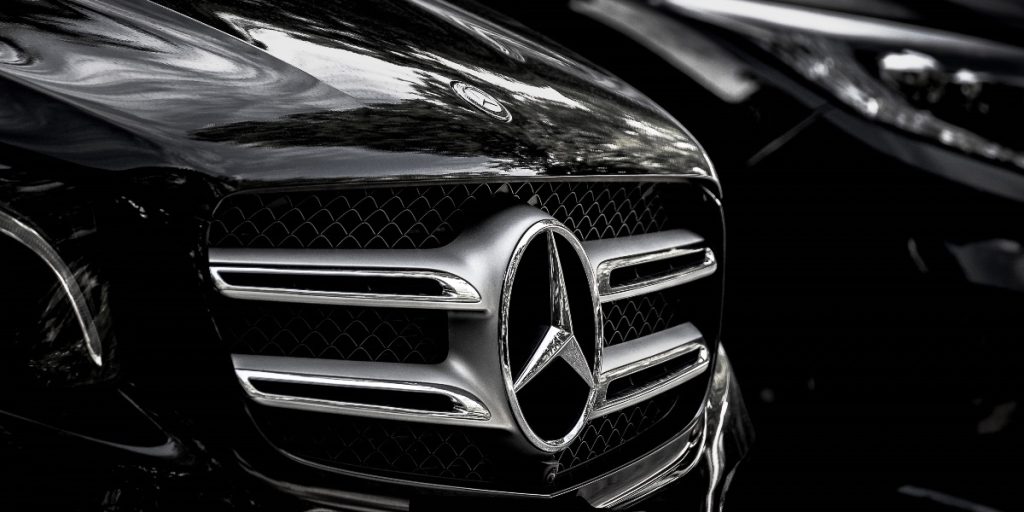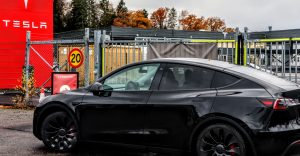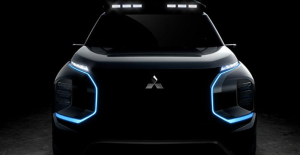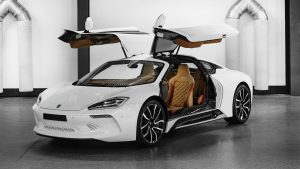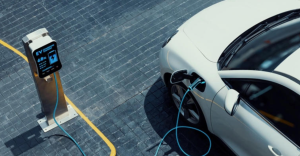The German automaker plans 12 new models, refining its approach to electrification while maintaining combustion options.
Others are reading now
Mercedes-Benz has confirmed plans to release an electric version of the E-Class by 2027, signaling a shift in its strategy after the underwhelming market performance of the EQE.
The move is part of a broader overhaul that will see 12 new models or redesigns in the next two years, as reported by El Economista.
Balancing Electric and Combustion Models
During the presentation of its 2024 financial results, Mercedes executives outlined a new approach: developing separate platforms for combustion and electric vehicles, while maintaining a common design language across all models.
According to Markus Schäfer, Chief Technology & Procurement Officer, future models like the C-Class, E-Class, and their SUV counterparts will retain their iconic designs, but with optimized platforms tailored to either electric or combustion propulsion.
Also read
This contrasts with the EQE’s approach, which limited customers seeking an electric E-Class to a single body style. With the new platform strategy, buyers will no longer be forced into a specific design based on their powertrain choice.
A Focus on Efficiency and Performance
By creating dedicated platforms, Mercedes aims to address common drawbacks of electric vehicles, such as interior space constraints caused by battery placement.
Engineers are working on innovative low-profile battery designs that allow for more comfortable cabin layouts, improving both aerodynamics and efficiency.
Despite the push toward electrification, Mercedes will continue offering V8 and even V12 engines in select markets.
The company has also confirmed that its combustion engines are already compliant with upcoming Euro 7 regulations, ensuring their viability for the foreseeable future.
Cost Reduction and Global Production Strategy
As part of its restructuring, Mercedes is shifting more production to lower-cost regions.
-
Hungary will play a key role, with production costs reportedly 70% lower than in Germany.
-
China will manufacture the four-cylinder engine for the upcoming CLA.
-
Poland will see one of its engine plants converted into a van production facility.
-
Spain has been selected to produce electric vans.
-
The U.S. will receive production of another “Core” model, though details remain undisclosed.
Additionally, Mercedes will integrate advanced processors from Nvidia for automated driving and Qualcomm for infotainment, ensuring that its next-generation vehicles remain competitive in the premium market.
Outlook: A More Flexible Mercedes-Benz
With plans to increase EV sales to 30% by 2027, Mercedes is betting on greater customer choice rather than a full electrification push.
By refining its strategy, the automaker seeks to balance cost efficiency, technological advancement, and market demand, ensuring a profitable yet forward-thinking future.

